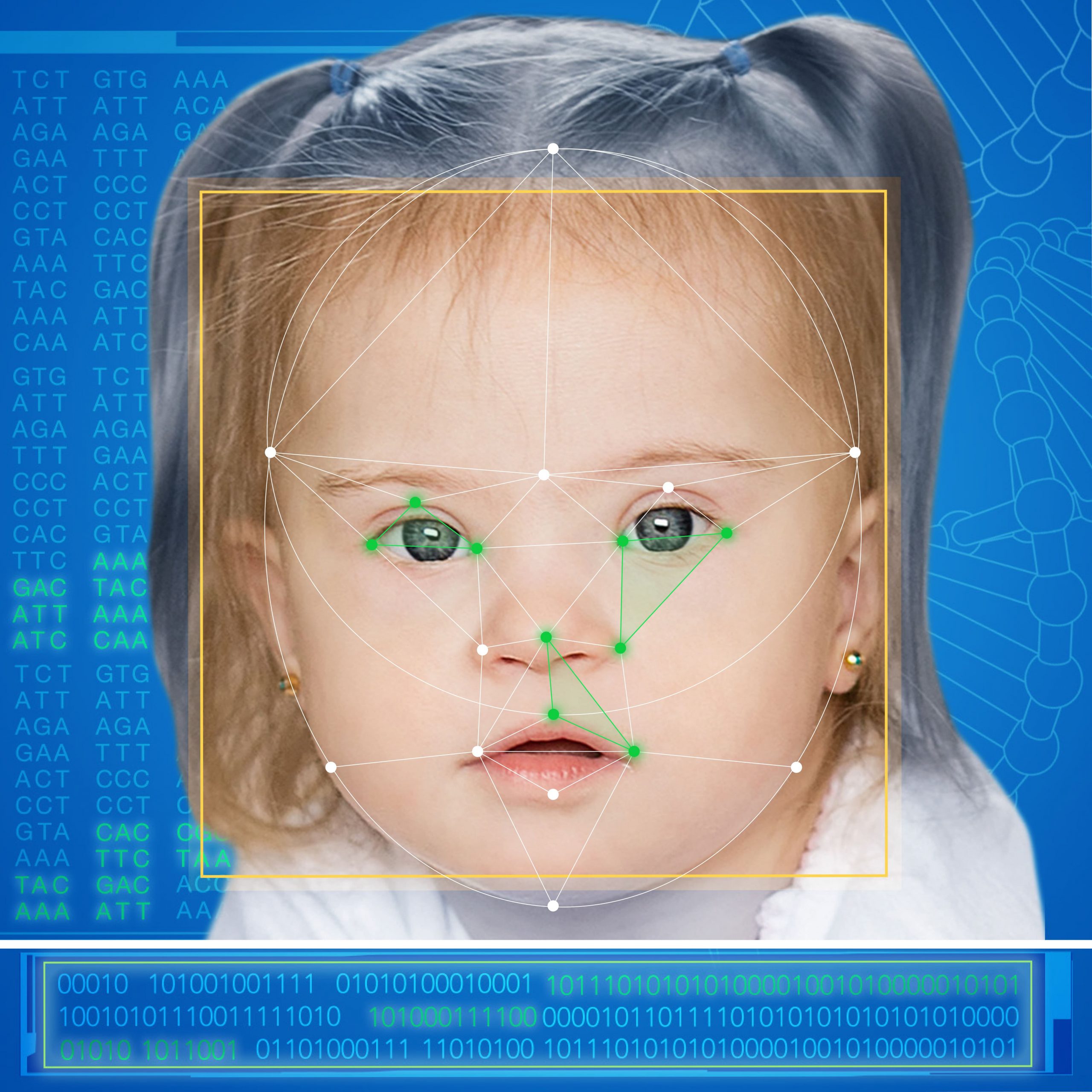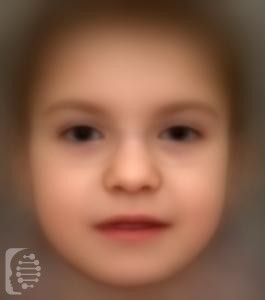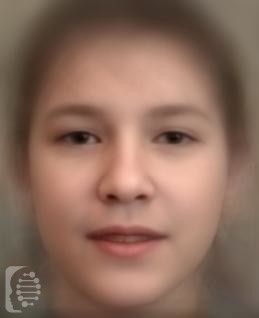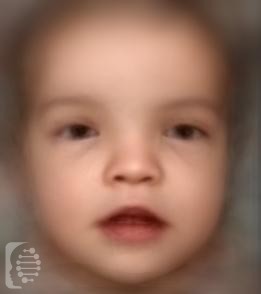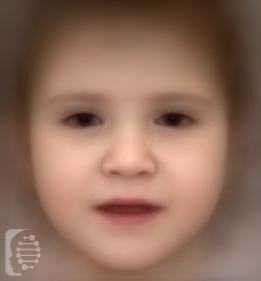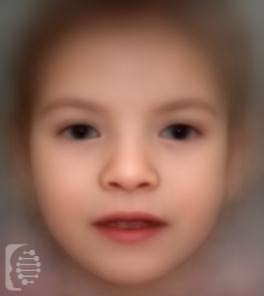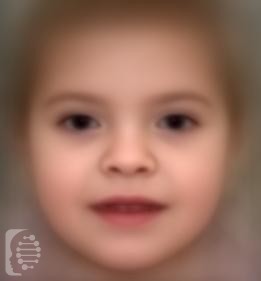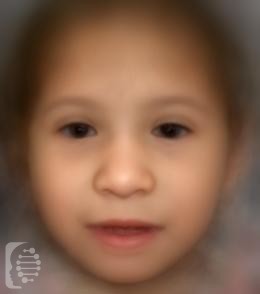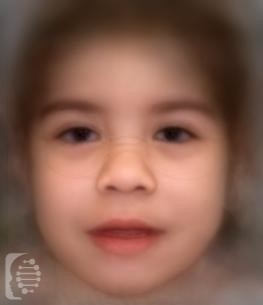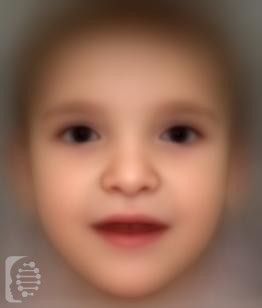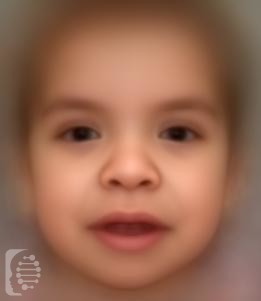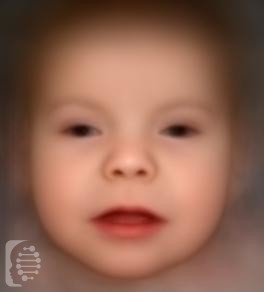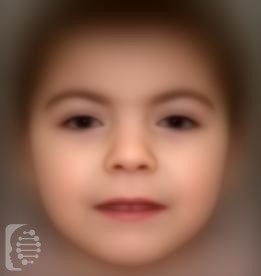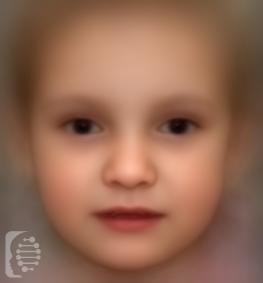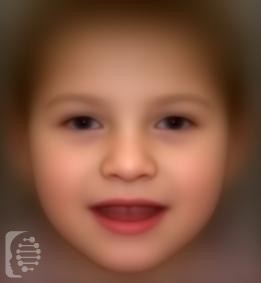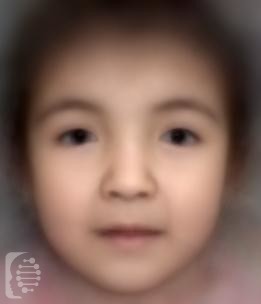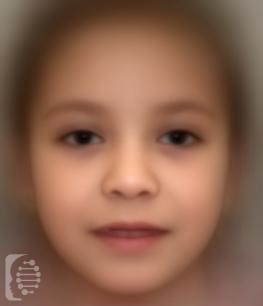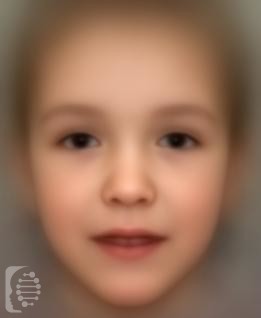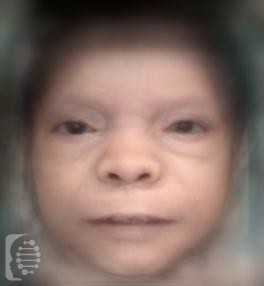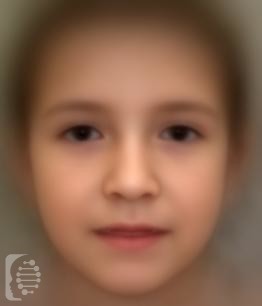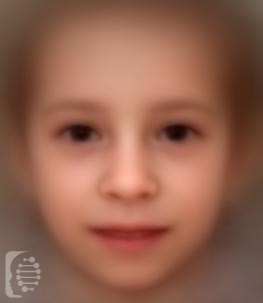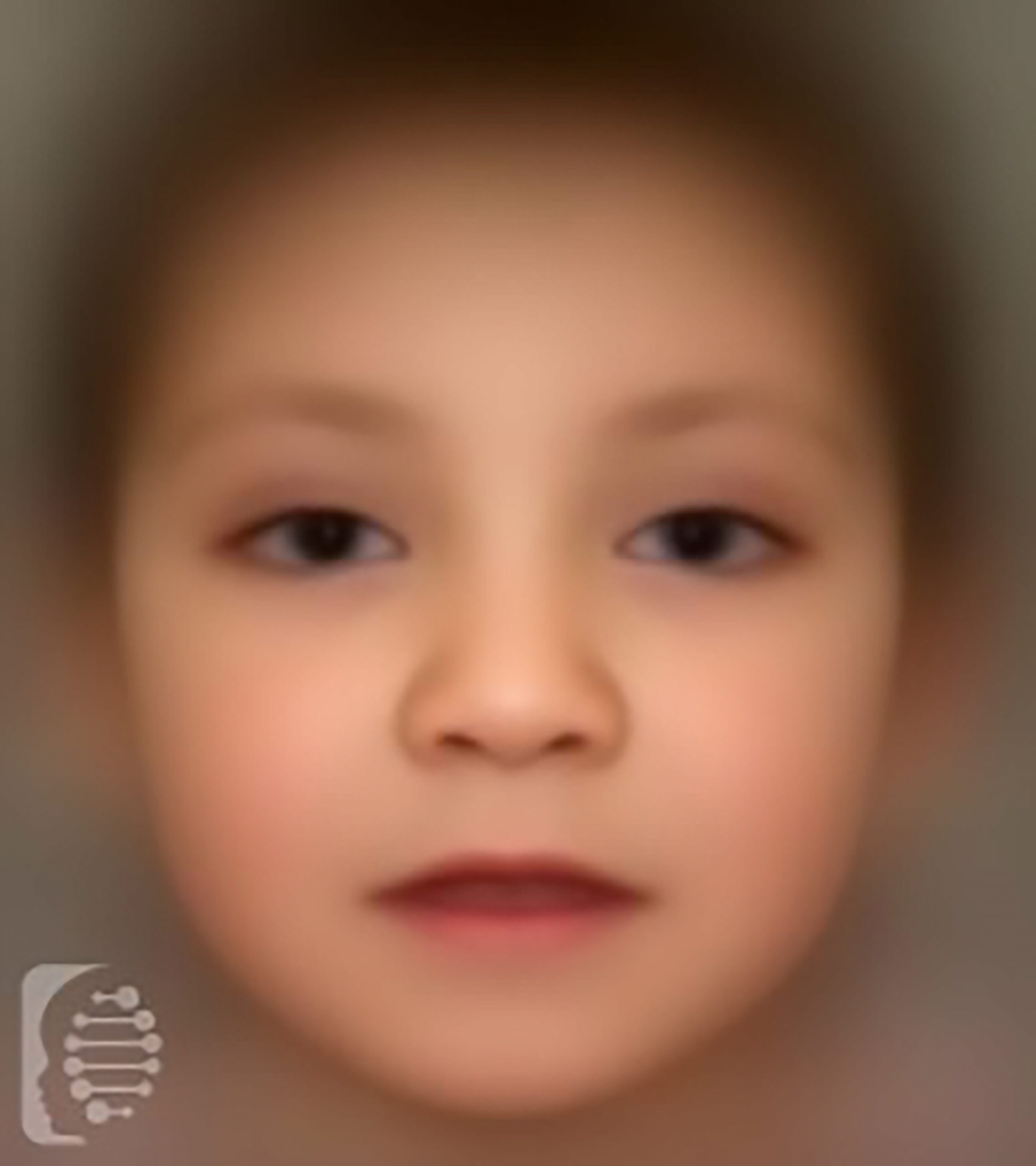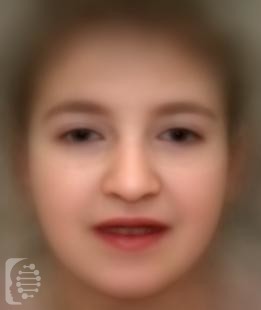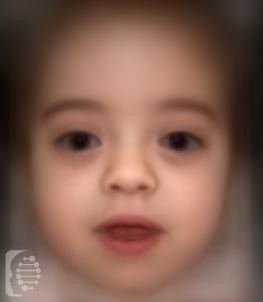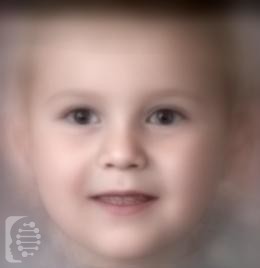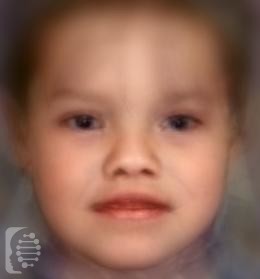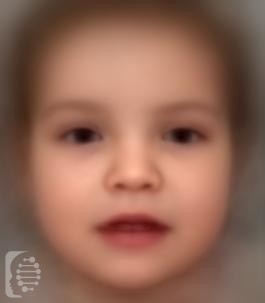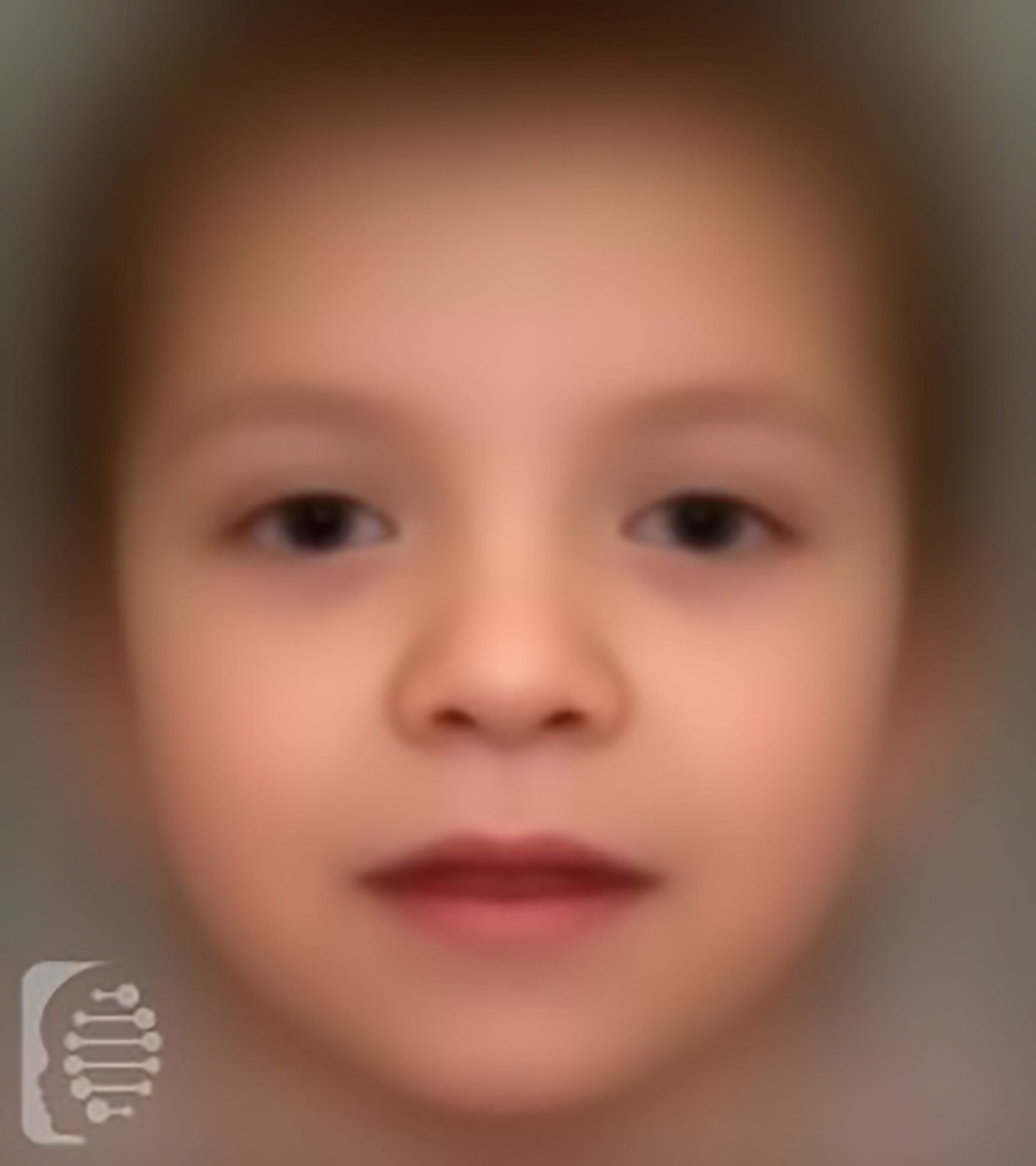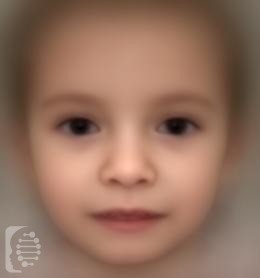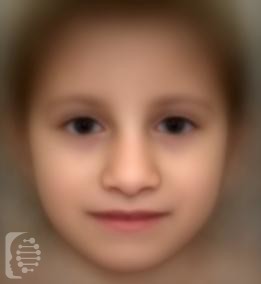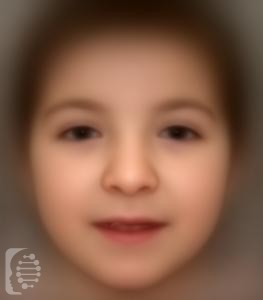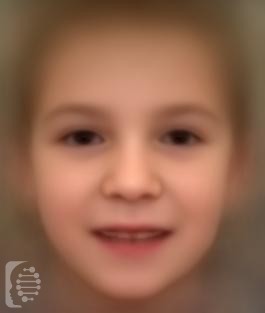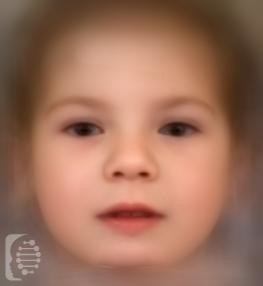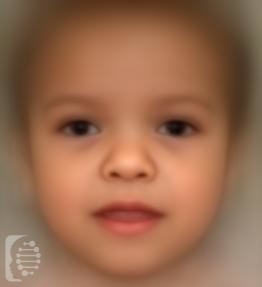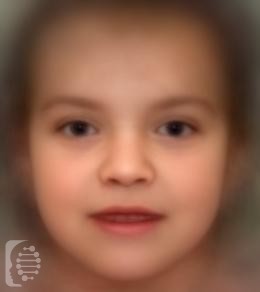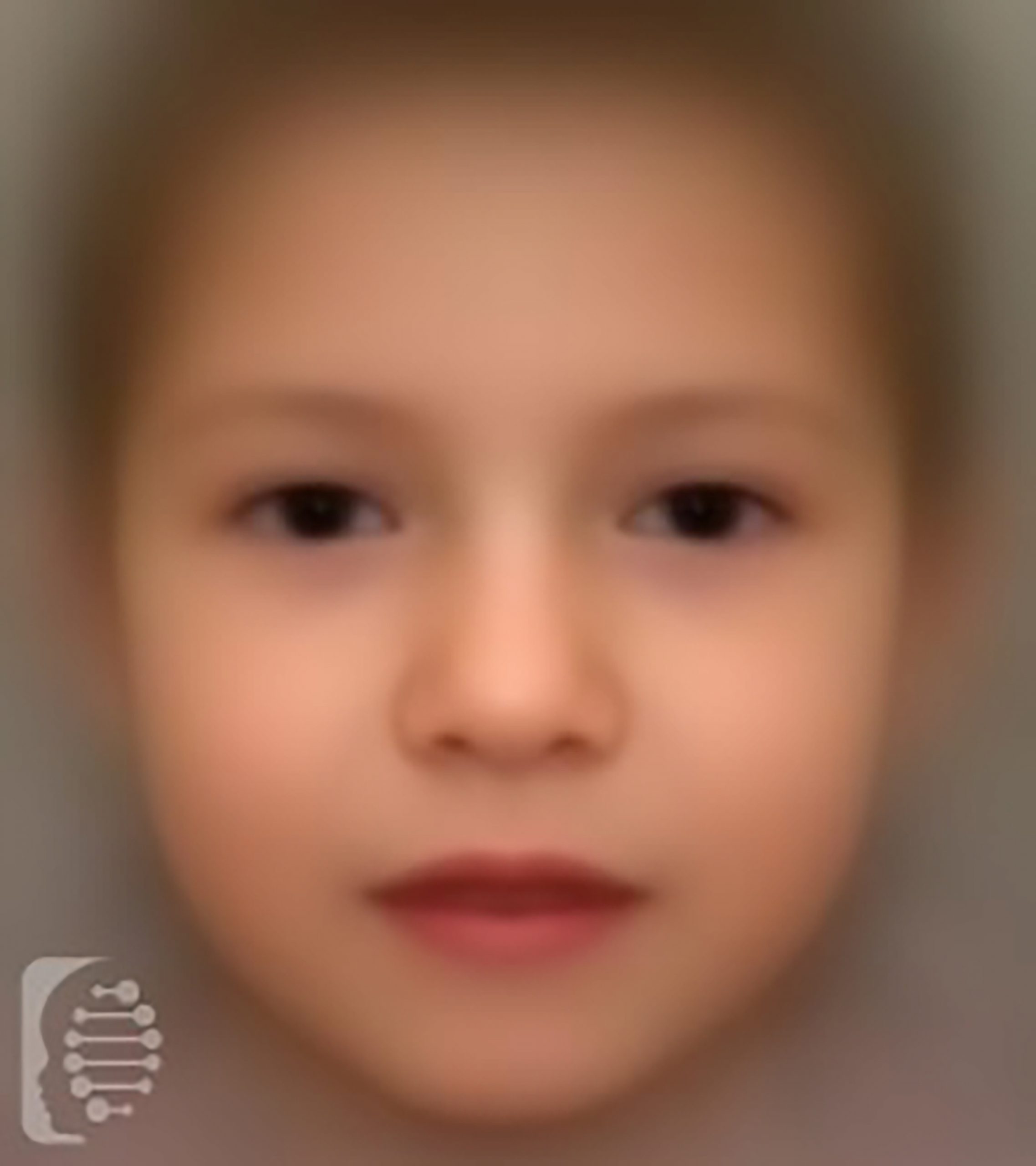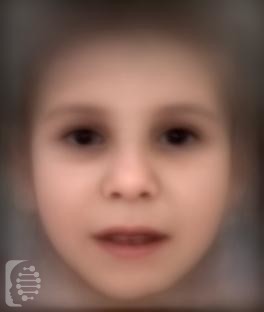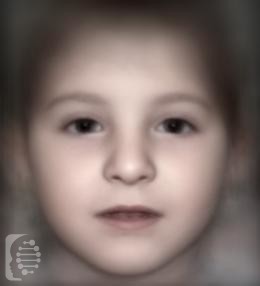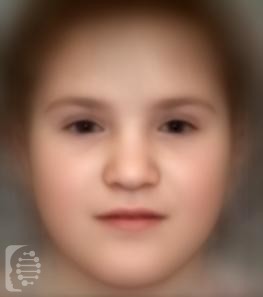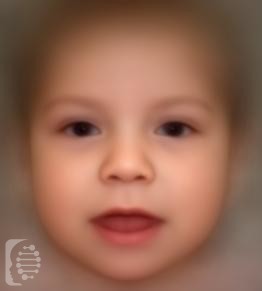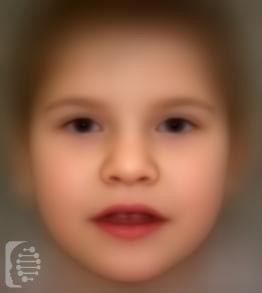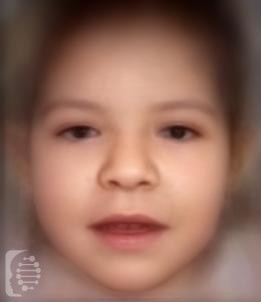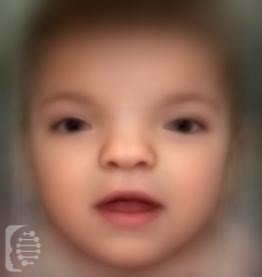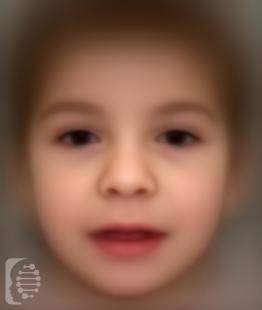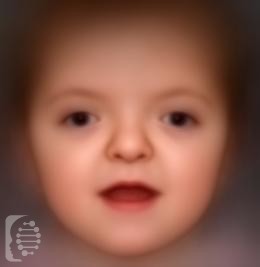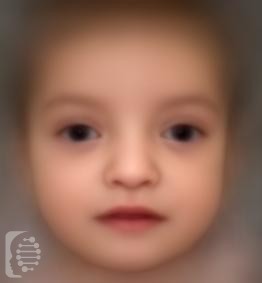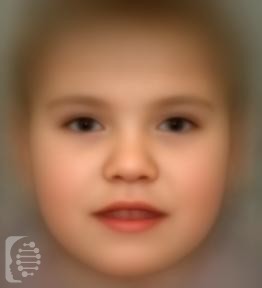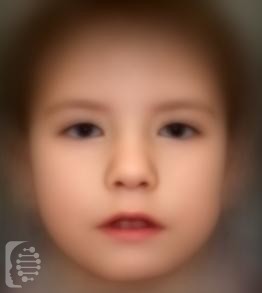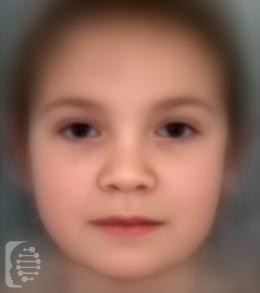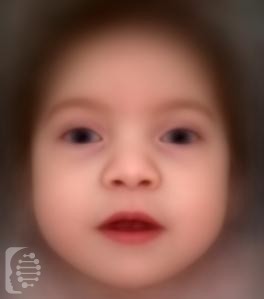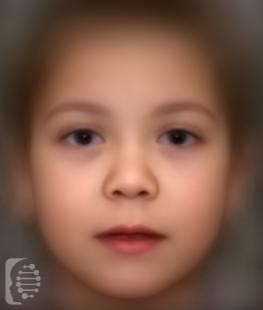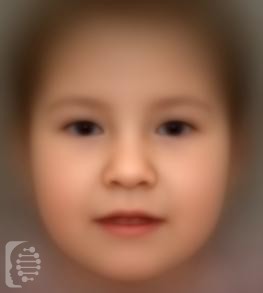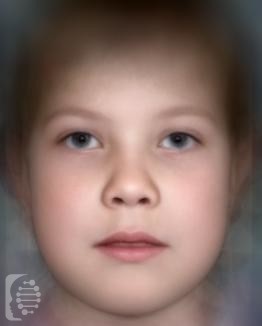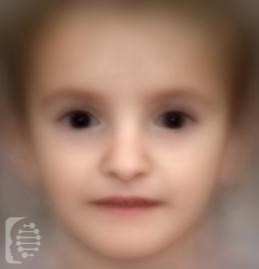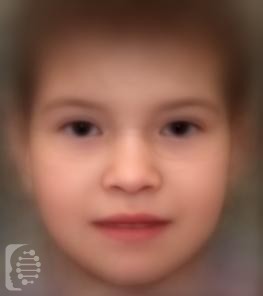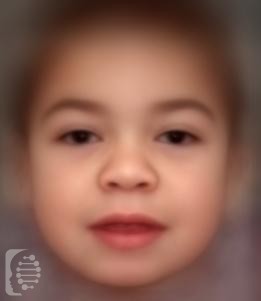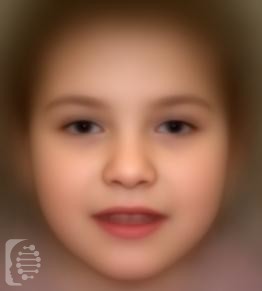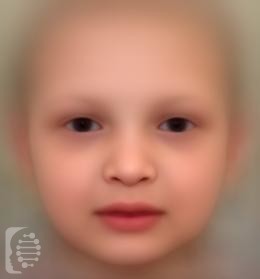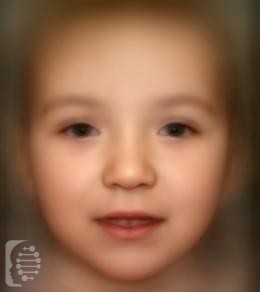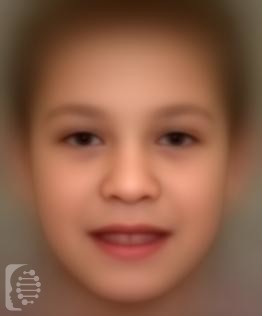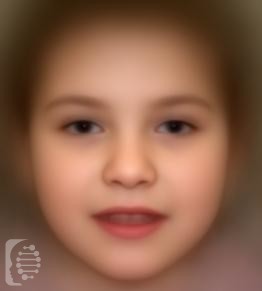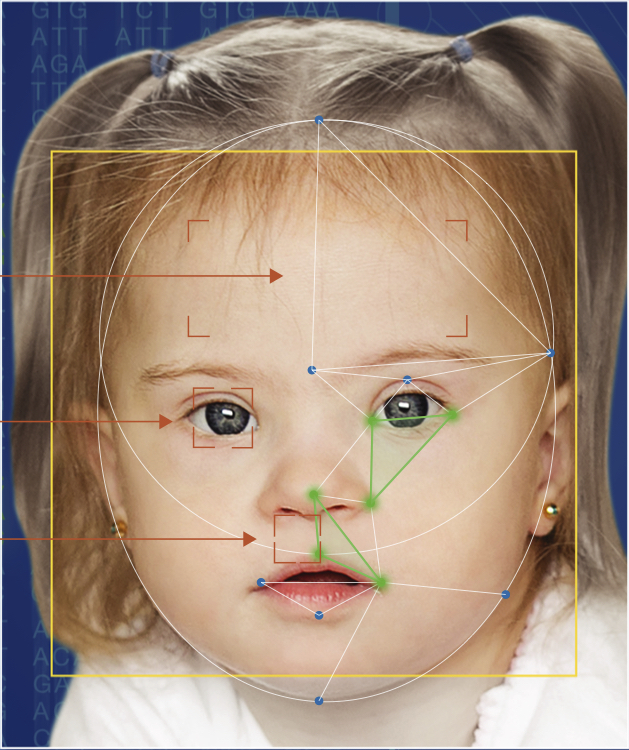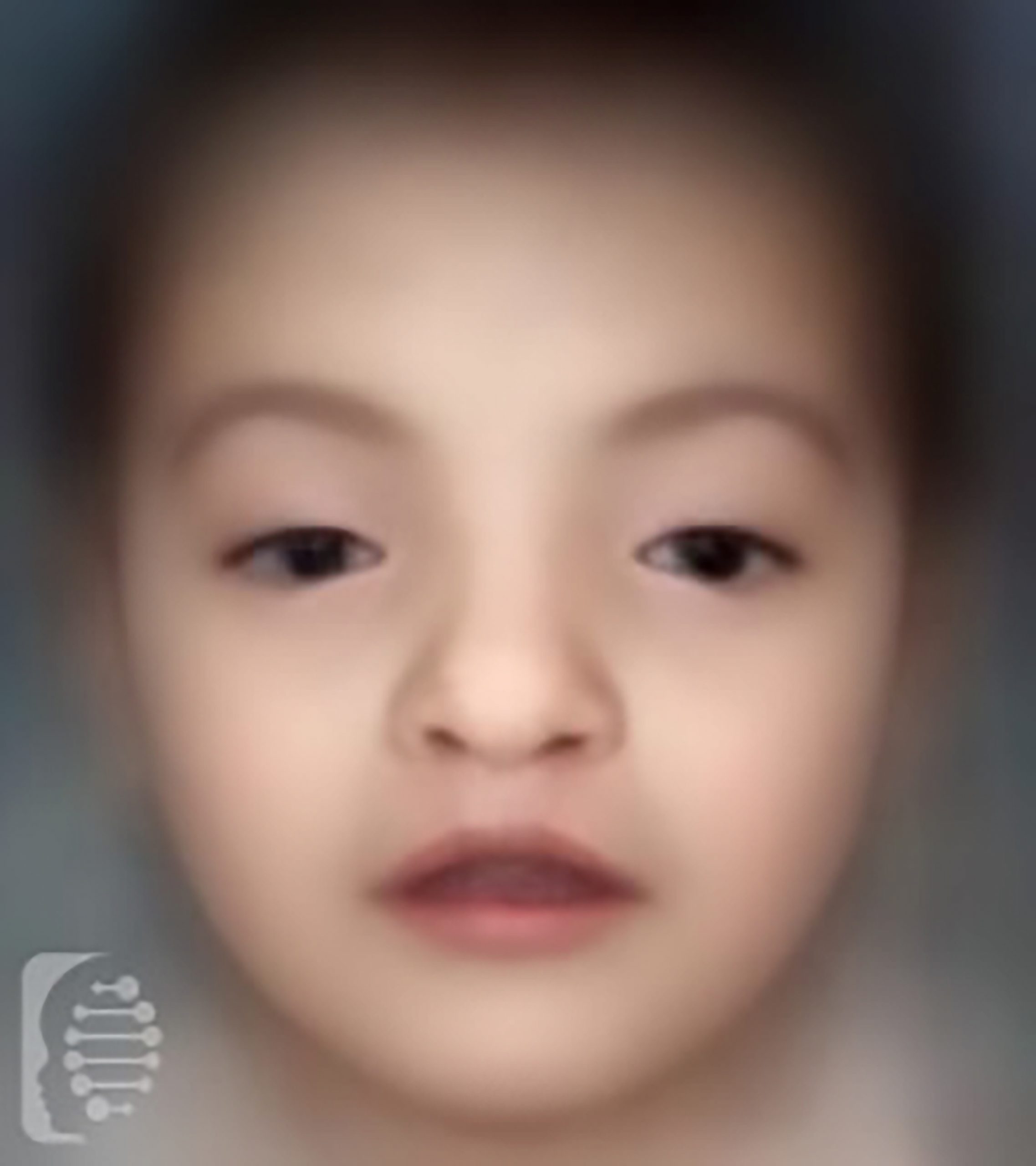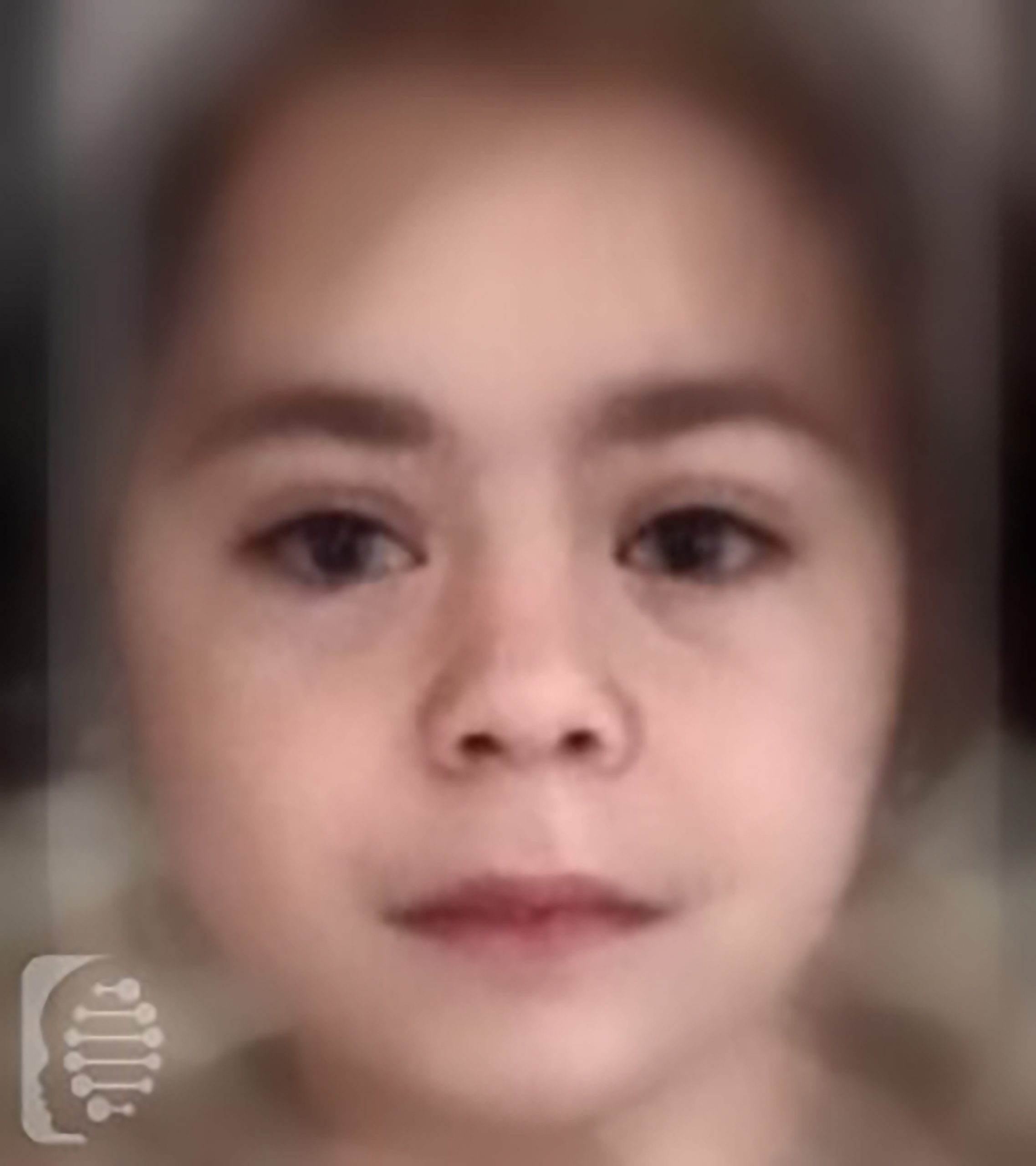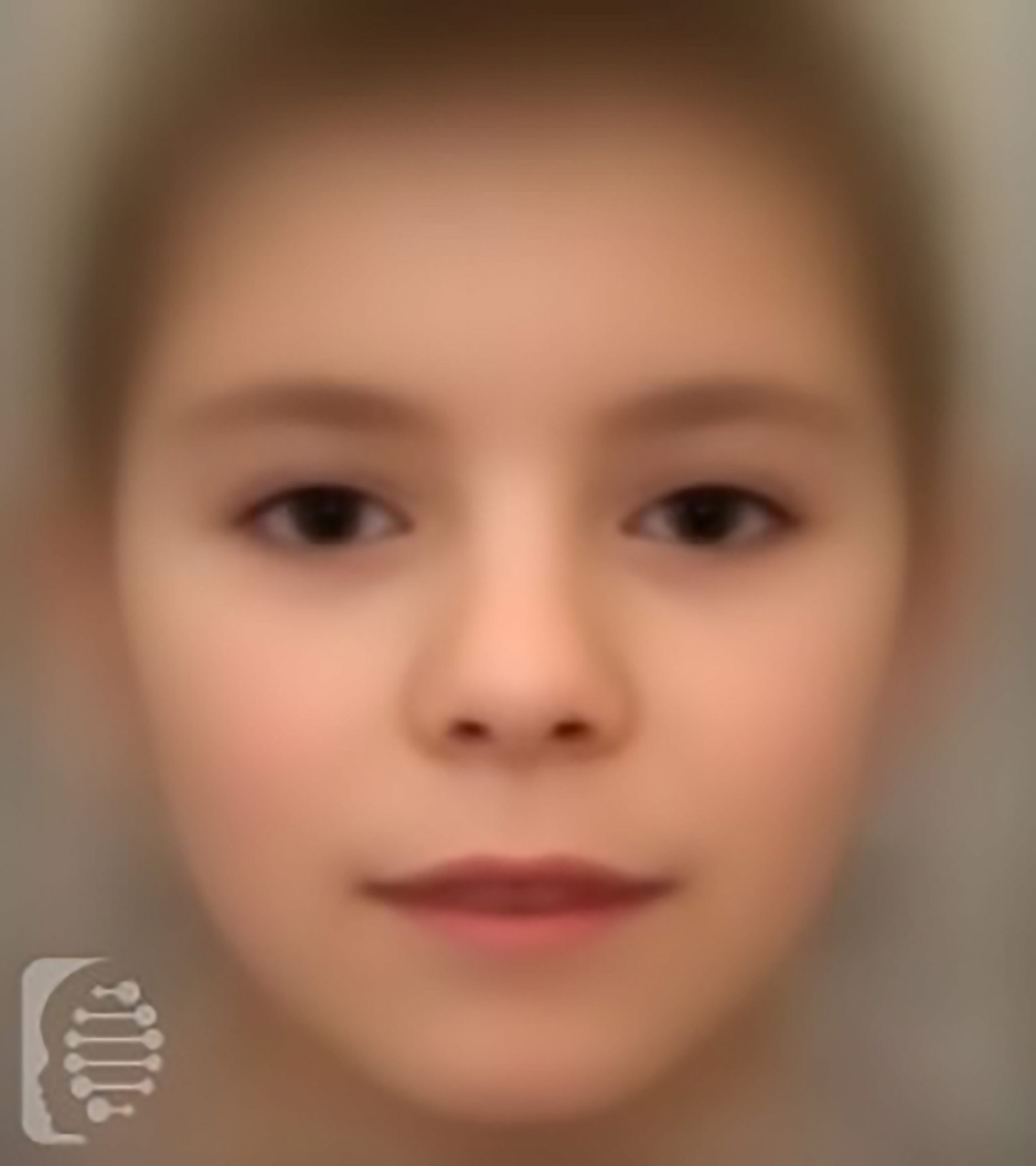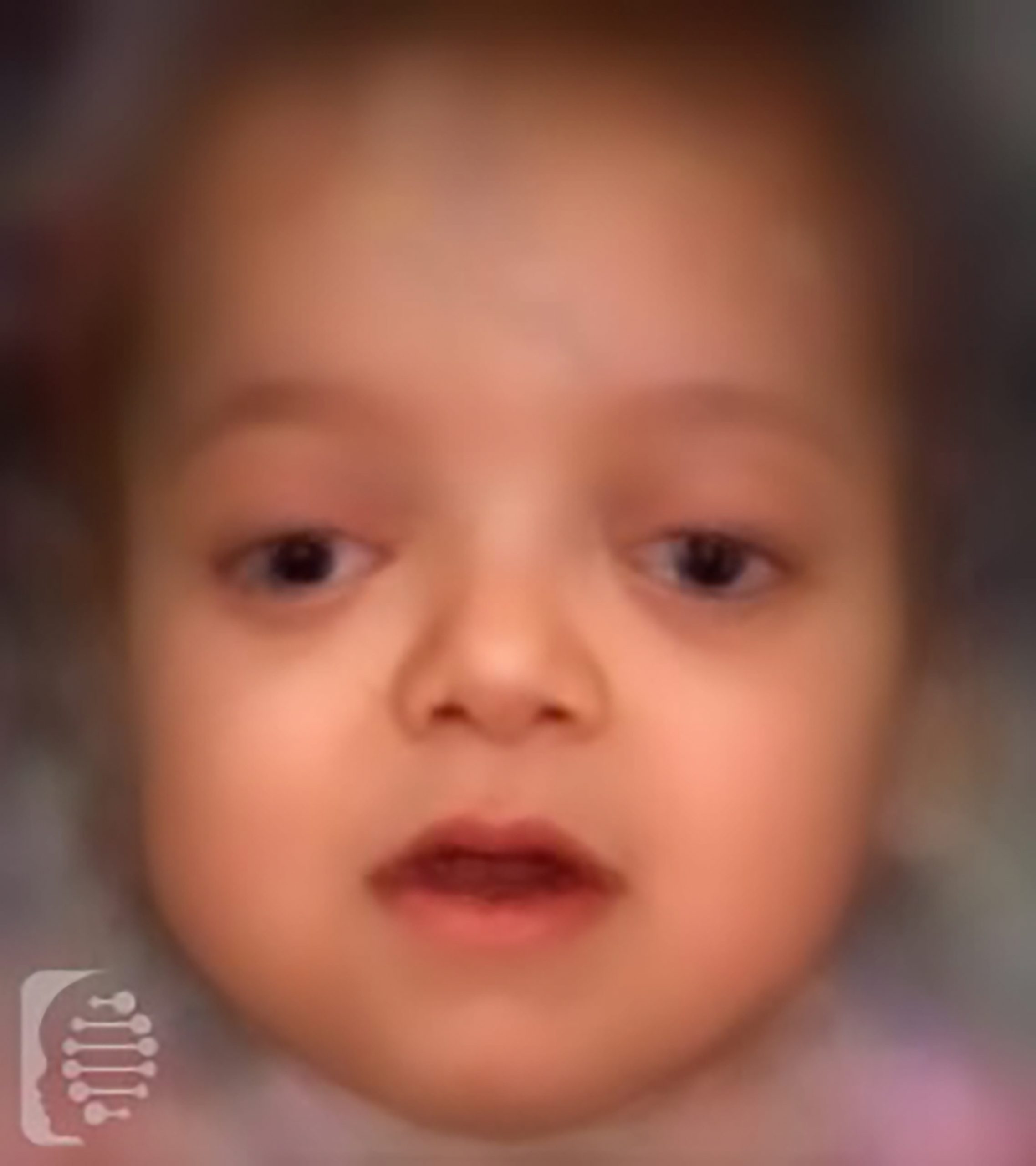Paula and Bobby
Parents of Lillie
Ventricular Septal Defect
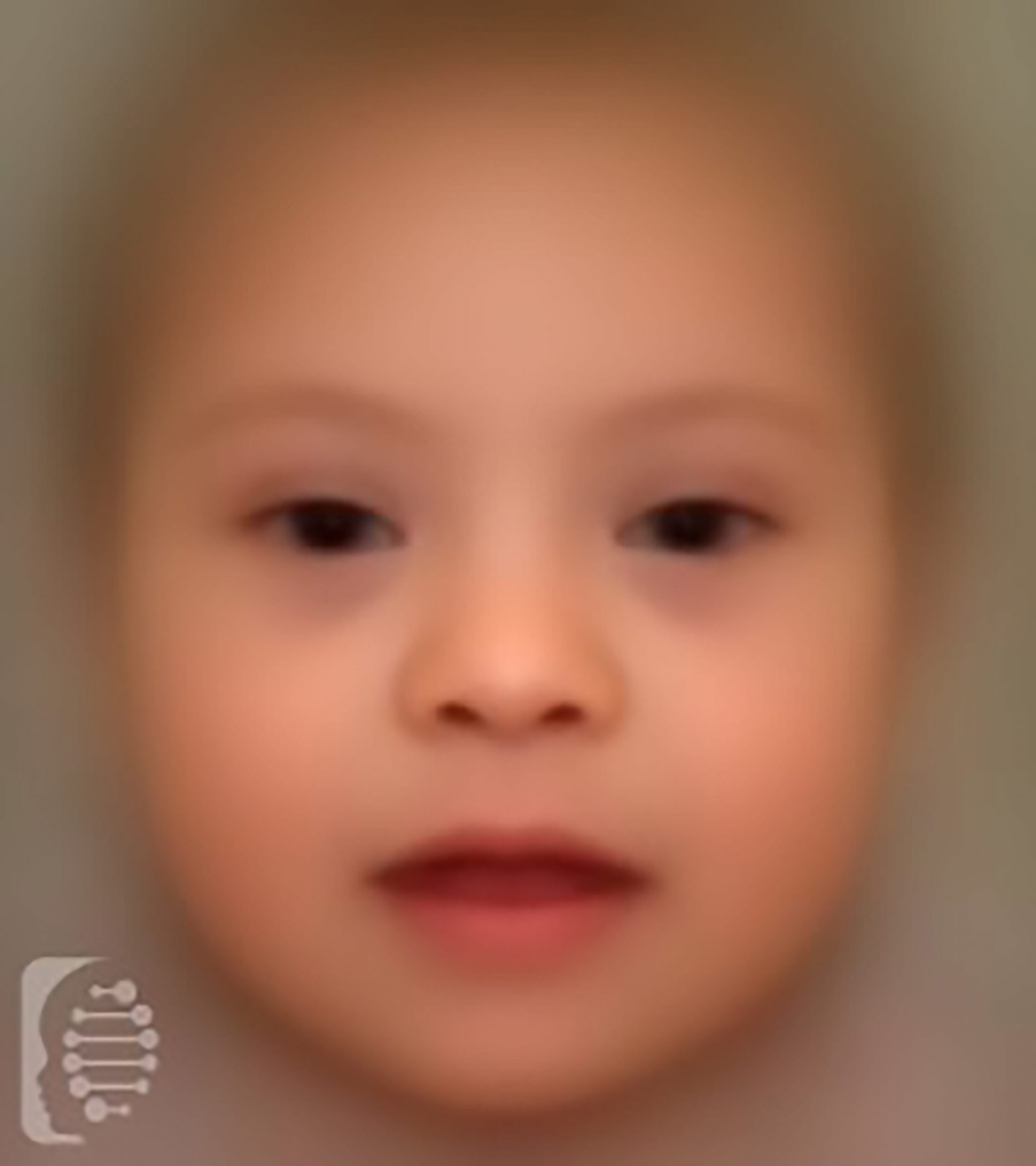
Understanding heart related symptoms and features
Symptoms may affect multiple parts of the body. Understanding which part of the body a symptom affects, can help us to better understand the potential underlying causes of a symptom, including a rare disease or genetic syndrome.
The heart is a part of the cardiovascular system of the body, also known as the circulatory system. It includes not only the heart but the veins, arteries, capillaries and blood which make the system work. The cardiovascular system distributes essential nutrients as well as oxygen, carbon dioxide, hormones and blood cells around the body in order to ensure its growth and survival.
Symptoms affecting the heart may be congenital, present at birth, or they may develop later in life. Often they will require surgery to correct them.
Symptoms relating to the heart may affect the structure of this crucial organ, and/or its function. They may also affect any of the other parts of the cardiovascular system, including the veins and arteries.
What is Ventricular Septal Defect?
It is a congenital heart defect defined by the presence of a hole between the two bottom chambers or ventricles of the heart. It may also appear in adults after surgery or a heart attack.
Signs of the defect include bluish lips, breathing issues and feeding difficulties.
In some cases the holes close by themselves, in other’s surgery is required to close them.
What should I do next?
In some instances ventricular septal defect may be one of the features of a rare disease or genetic syndrome. In this case fast, targeted genetic analysis can give you a more accurate diagnosis.
Synonyms:
Hole in heart wall separating two lower heart chambers, Ventricular septal defects, Ventriculoseptal defect, VSD
HPO:
0001629
Optional syndromes:
More than 250,000 patients successfully analyzed. Clarify any concerns you may have and get tested online today.

Synonyms:
Hole in heart wall separating two lower heart chambers, Ventricular septal defects, Ventriculoseptal defect, VSD
HPO:
-
0001629
Optional syndromes:
FDNA™ Health can help you with the diagnostic journey.
Learn about child developmental delays: Causes, Symptoms, and Therapies.
Don't wait years for a diagnosis. Act now and save valuable time.
Explore the most detected symptoms in our system (numbers are global and based on the data from 120 countries):
What is FDNA Health?
With the largest global database and a leading decision-support tool using AI, FDNA™ Health enables patients and their families to better understand symptoms and conditions with the goal of shortening the time to diagnosis.
Benefits of FDNA Health
Save valuable time by
learning about possible conditions
and report to your clinician
Advanced AI technology
and leading worldwide clinicians
shortening time to diagnosis
Looking for answers?
Worried about child development?
We are here to help you!


